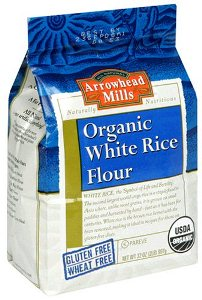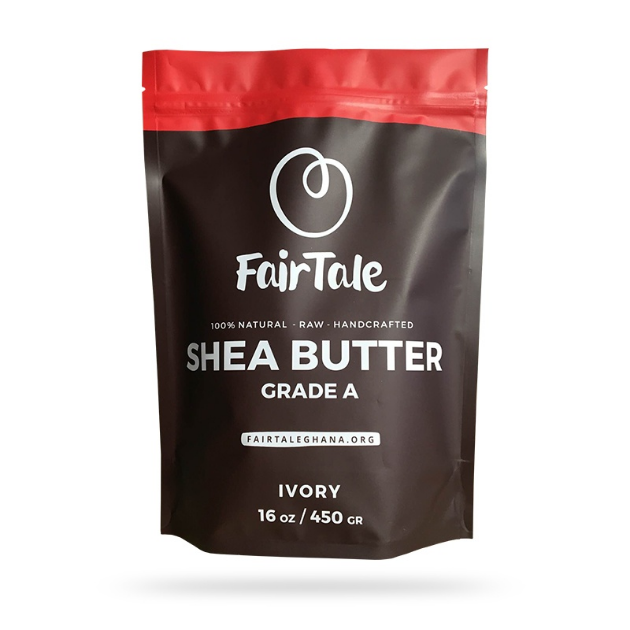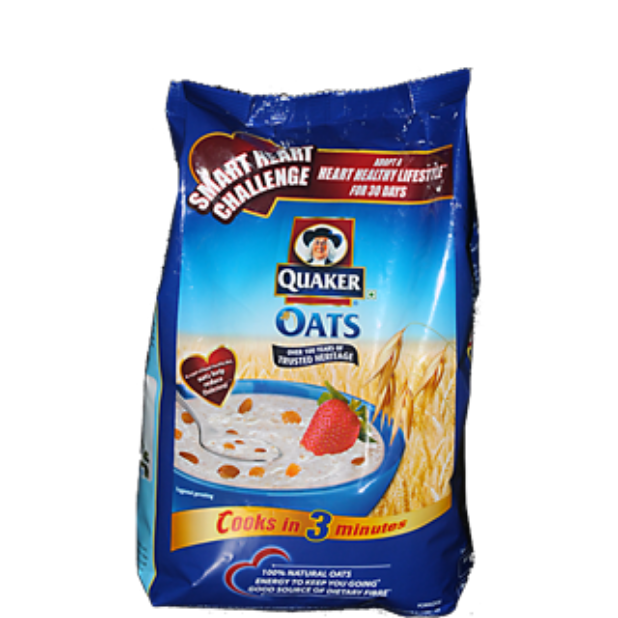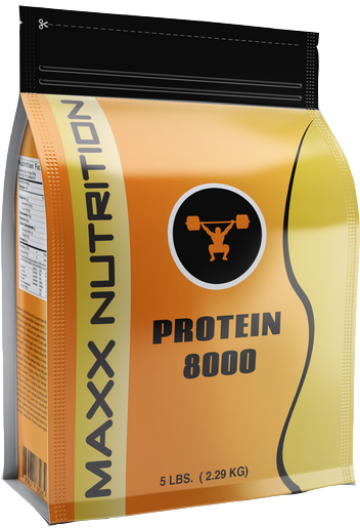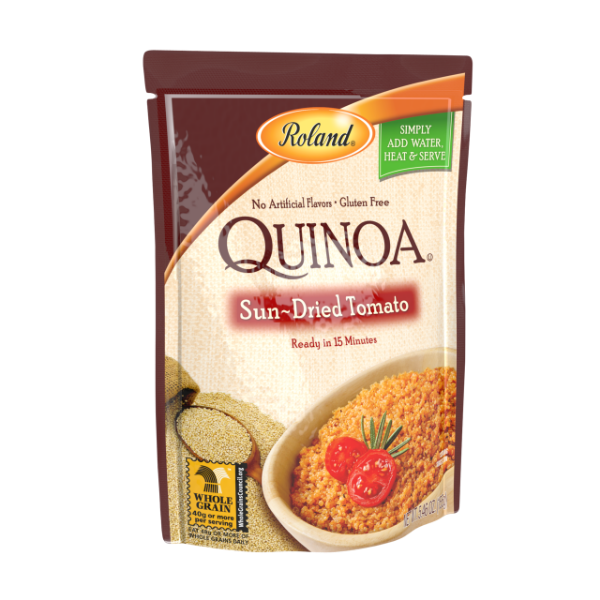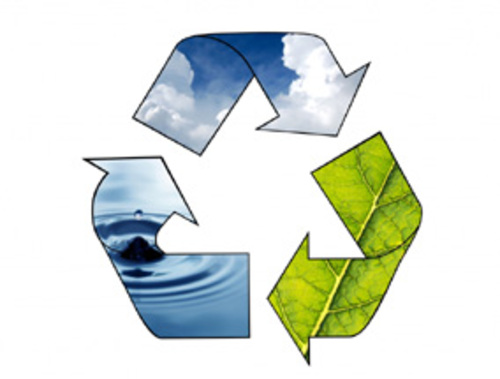 Your customers care about environmentally friendly packaging now more than ever. Despite recycling statistics indicating that only 35% of US citizens recycle, consumer surveys are telling a different story. A survey conducted by Forum For The Future suggests that 62% of consumers feel negatively toward brands that do not use eco-friendly packaging. Although the numbers do not necessarily align with the percentage of Americans who actively recycle, it’s clear that the majority of US citizens have at least a moderate concern when it comes to recycling.
Your customers care about environmentally friendly packaging now more than ever. Despite recycling statistics indicating that only 35% of US citizens recycle, consumer surveys are telling a different story. A survey conducted by Forum For The Future suggests that 62% of consumers feel negatively toward brands that do not use eco-friendly packaging. Although the numbers do not necessarily align with the percentage of Americans who actively recycle, it’s clear that the majority of US citizens have at least a moderate concern when it comes to recycling.
Brands must adapt their retail packaging strategies to meet the needs of the consumer. When your customers are asking for specific features, it’s up to us to step up to the plate and provide protective packaging that delivers a quality product and is friendly to the environment. Thanks to advancements in the barrier packaging industry, creating aesthetic, convenient, and eco-friendly packaging is more achievable than ever.
Build Customer Loyalty with Barrier Protective Packaging
In the same survey conducted by Forum For The Future, 90% of consumers were OK with boycotting brands that are irresponsible with the environment. Ninety percent may sound like a huge number, but the message rings loud and clear: consumers notice brands that use recyclable products. It also tells us that customers will drop your brand like a hot potato if you aren’t respecting the environment. If you have yet to embrace eco-friendly packaging, it’s not too late to adopt a packaging strategy to help the environment and please your customers.
Environmentally Friendly Packaging for Beverages
There is a variety of recyclable packaging for various industries, including food, pet products, and wine and alcohol. In particular, beverage packaging has presented challenges for consumers. As glass bottles dominated the beverage industry for quite some time, glass made its mark on landfills and added to the country’s growing waste problems. However, the beverage market is growing, and it’s the perfect time to introduce environmentally friendly packaging for your company's beverage products.
Let’s take fruit juice containers, for example. A lot of mainstream brands still incorporate glass packaging for apple juice, orange juice, and grape juice. Glass bottles may present a sleek design, but that doesn’t mean much from an environmental perspective. We’ve discussed many times that package presentation is one of the keys to winning customers, but there needs to be a compromise between attractive design and eco-conscious packaging.
That’s where spouted stand up pouches take center stage. Spouted stand up pouches have the ability to look stylish on the store shelf while not littering the landfills. The key to designing green packaging for beverages lies within product material. Spouted stand up pouches can be ground down into tiny pellets during the recycling process—otherwise known as regrind. Beverage containers that are ground into regrind can be constructed into other plastic products. These beverage packages are transformed into other useful products without harming the environment, while glass bottles pile up in landmines. Sounds like a no-brainer, doesn’t it?
Stay on Trend with Recyclable Non Food Packaging
Eco-friendly packaging isn’t reserved for only food products. Other industries can take advantage of the recyclable advantages of barrier packaging. Not only will this show that your brand is environmentally conscious, you’ll stand out on the store shelf and gain customer approval all at the same time.
For example, the soap and detergent industry has several options for green packaging. Stand up pouches can contain laundry products from powder to liquids, all while remaining friendly to the environment. Once your customer has used up your entire laundry product, they can toss your flexible retail packaging into the recycling bin instead of the nearby trashcan.
In addition to laundry products, protective packaging is also perfect for lawn and garden packaging. This industry also has the ability to embrace packaging that works for both the environment and your customer. Just because you are in the lawn care business doesn’t mean that your packaging has to be boring as dirt. Encourage your customers to take care of the environment while they spruce up their lawn, and it’s entirely possible with the technology of flexible retail packaging.
Key Points on Recyclable Barrier Packaging
We receive a lot of questions concerning the quality of our product, and if it is in fact recyclable. Our protective packaging is absolutely recyclable, from coffee bags to flexible retail packaging for mixed nuts. This packaging is composed of laminated material that gives packaging its strength to stand, yet it is easily broken down into regrind in order to help protect the environment. You won’t have to worry about the recyclability and your customers won’t have to worry, either.
Even if your customers don’t have access to a recycling unit, our packaging is compact and takes up a lot less space in landfills than other styles. Cereal boxes are easily three times the width, thus taking up three times the space in landfills. Your packaging may still end up in a landfill, but at the very least it will take up much less space than traditional packaging options.
The last note on our retail packaging is that it’s recyclable, but not biodegradable. However, this shouldn’t cause it to fall off of your short list of options. Generally, products in a landfill do not degrade for several reasons. The degrading process requires sunlight, air, and water. When products are buried under piles of garbage and dirt to minimize the smell, there is little hope for the degrading process to take place. With lack of sun, air, and water, almost no products will degrade—even products labeled as biodegradable.
Meeting The Needs of Your Customer And The Environment
It’s our responsibility to take care of the planet, and making the switch to protective packaging can help the environment while pleasing your customer. Make a powerful statement for your customers and your brand by switching to environmentally friendly packaging.

